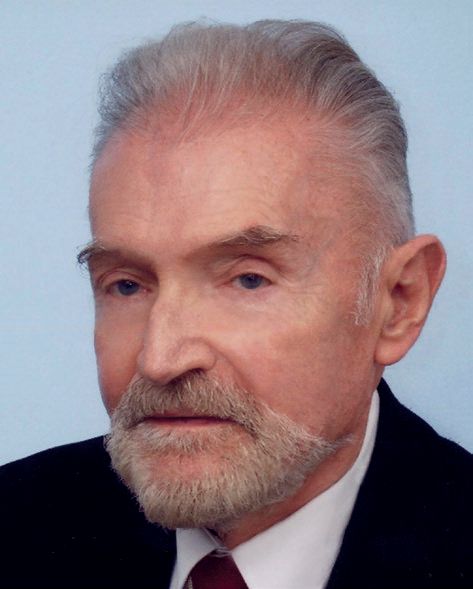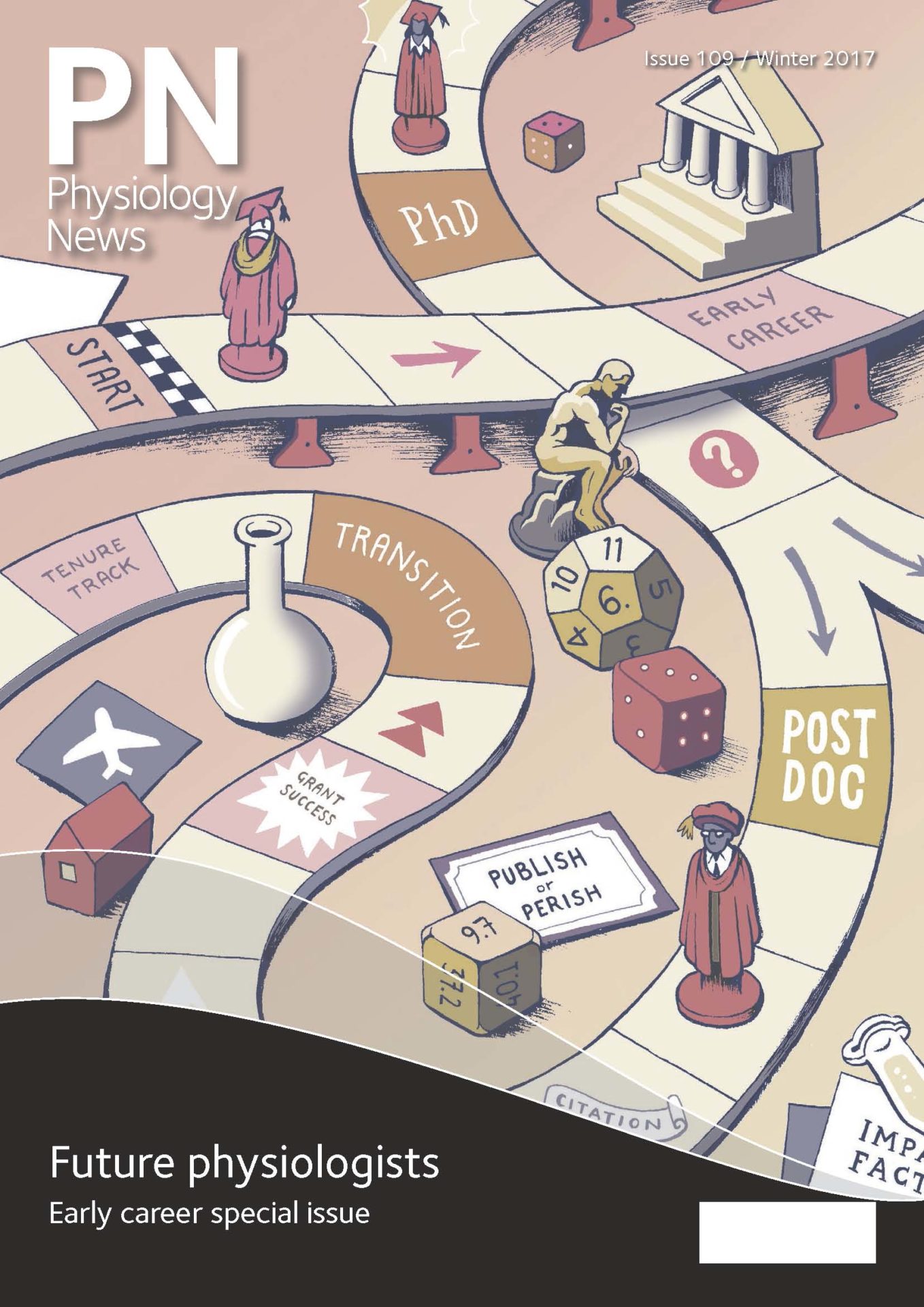
Physiology News Magazine
Obituary: Professor Andrzej Trzebski
1928 – 2017
Membership
Obituary: Professor Andrzej Trzebski
1928 – 2017
Membership
Written by Ewa Szczepanska-Sadowska & Mike Spyer
https://doi.org/10.36866/pn.109.44

Andrzej Trzebski was an internationally recognised physiologist and an outstanding medical teacher. He was born in 1928 in Warsaw, Poland. His education was seriously affected by the Second World War and Poland’s occupation by Nazi Germany. After the war, he completed his higher education and he started to study at the Medical Academy of Warsaw in 1950. While studying medicine, he became fascinated with physiology and he took up a post as a research and teaching assistant in the Department of Human Physiology. In 1956, he presented his MD thesis and accepted a Fellowship at the CNRS in France. He then spent a further two years at the Laboratoire de Neurophysiologie in Paris, where he began his studies on the role of the CNS in chemoreception. There he demonstrated that acute lack of oxygen induces an arousal response via the reticular activating system (the parts of the brain and spinal cord controlling awareness and consciousness). In 1960, he returned briefly to Poland before going to the USA with a grant from the Rockefeller Foundation for 2 years to research in the Department of Physiology and Bockus Research Institute of the University of Pennsylvania in Philadelphia. He continued his investigations into the interactions of pressure and chemical signals from the arteries and the messages they send to the brain and spinal cord to balance our heart and lung function. This was to be his principle scientific interest through his long, active research life.
From 1964 to 1967, he was Visiting Professor in the University of Yogyakarta in Indonesia, funded by the World Health Organization. His role was to organise medical education and scientific research at the University. After that he was appointed to the Chair of the Department of Human Physiology at the Medical Academy of Warsaw and returned to Poland. He established an active research group in Warsaw and attracted over the years several students who have since developed their own distinctive careers in Poland and abroad. His area of interest overlapped with that of Sidney Hilton in Birmingham. As a result, a significant interaction between the laboratories followed. Several students and fellows moved between the two laboratories, and joint publications appeared. Notably, Janusz Lipski, now a Professor in Auckland, NZ, spent time in the early 1970’s working with Robin McAllen and Mike Spyer and subsequently published papers with them and John Coote.
Despite the very modest financial support for science and teaching in Poland in the 1970s –1980s, Trzebski transformed his department into a highly respected centre of experimental and clinical physiology. He was a generous host to visiting scientists and was exceedingly proud of Poland’s history and culture. He played a very full part in international meetings and workshops on the control of heart and lung function. He was quick to his feet with challenging questions but was always polite and encouraging. He always considered the clinical significance of observations and very early in his career suggested that the increased arterial chemoreceptor discharge could have a major role in the development of high blood pressure (hypertension). Interestingly, it has taken until the last decade for this to be seriously considered. Clinical studies are now evaluating whether cutting the sinus nerve, a nerve in the heart, may be useful when conventional drug treatment is ineffective.
Andrzej Trzebski was a member of the American, German and UK Physiological Societies and of the Council of the International Union of Physiological Sciences (1977–1986). He served as the President of the International Society of Arterial Chemoreception (1988–1989). He was a member of the Polish Academy of Sciences and also a member of the Polish Academy of Arts and Science. Notably, after 1989, with the re-establishment of democracy in Poland, he was actively engaged in the restoration of university status for the Medical Academy of Warsaw and for a renewal of the independent status of universities in Poland.
